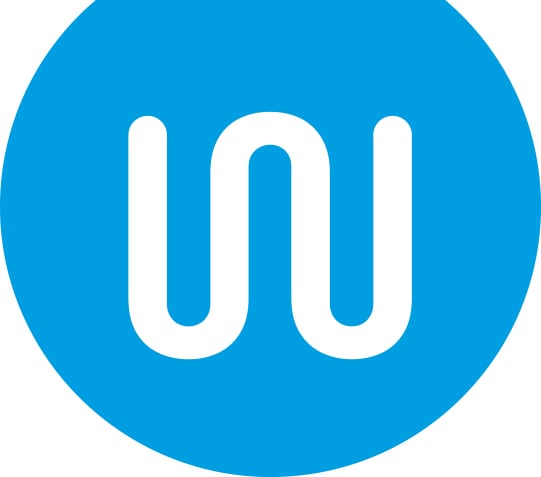The European Union’s RES Booster Plan 2023
To reduce bureaucratic obstacles and promote solar panels in Europe, the European Union has committed to regulating and expediting access to renewable solutions throughout the 27 EU member states.
Since the introduction of the EU's Renewable Energy Directive in 2009, member states have witnessed a 10% increase in the utilization of renewable energy sources, such as wind and solar, between 2012 and 2021.
In 2022, recognizing the need to reduce reliance on oil and gas, many Western governments decided to phase out their dependence. In response, the European Union unveiled a €300 billion package aimed at revitalizing the sluggish renewable energy sector across the continent. Their objective was straightforward: circumvent oil and gas energy imports and embrace a greener future.
The RES Booster plan is the EU's latest initiative to streamline and enhance access to renewable energy across the union. This ambitious one-year plan seeks to establish a framework that enables residents from all across the European Union to access green energy solutions with minimal bureaucratic hurdles.
At Wattcharger, we are dedicated to keeping you informed about the latest news and developments. Although the RES Booster may not bring about immediate change, it remains a crucial development to monitor in the Irish and wider European renewables sector.
What is the aim of the RES Booster plan?
The aim of the RES Booster plan, which will be in effect until June 30, 2024, is primarily to reduce the approval time for renewable projects. Currently, there are no regulations specifically addressing the licensing and permitting of renewable systems such as solar PV panels and wind turbines.
Under the new rules, permitting procedures will be limited to a maximum of three months throughout the European Union, including grid connection. For system sizes up to 50 kW, a limit of one month has been set.
The disparity in solar infrastructure among member states remains a pressing issue in the EU. From 2021 to 2022, four nations—Germany, the Netherlands, Spain, and Poland—experienced a collective increase of 24 GW in their total solar output, accounting for approximately 60% of all solar growth in the European Union.
Furthermore, the RES Booster plan aims to support the repowering of existing solar energy projects. According to the directive, the time limit for assessing an existing renewable project will be capped at six months.
However, perhaps the most important aspect of the EU's bold implementation of this existing strategy is the recognition of overriding public interest in climate change. According to the Council, solar energy is considered to be in the "public interest." This recognition allows for simplified assessments of environmental impacts, thereby further expanding general accessibility to renewable projects.
What does the enhanced RES Booster plan mean for Ireland?
In 2020, Ireland ranked 11th out of 27 EU nations in terms of the share of renewable sources used in power generation, which stood at 39%.
By now, the harmful nature of fossil fuels is widely known. Homeowners can embrace solar options like solar PV panels to harness a 100% natural, sustainable, and renewable source of energy.
While the environmental impacts are well-known, the costs of transitioning are relatively low. Going green in Ireland offers numerous benefits, including accessible grants. The Solar Electricity Grant, administered by the SEAI, allows homeowners to receive up to €2,400 towards the installation of solar panels on their property.
Furthermore, the Ireland Microgeneration and Clean Export Guarantee enable homeowners to profit by selling excess energy back to the grid. This scheme aligns with the Irish government's plan to derive 80% of its power from renewables by the end of the decade.
Now, with the European Commission’s Booster plan, homeowners in Ireland can have peace of mind knowing that their investments in future-proofing themselves will be supported by the European Parliament in Brussels. This ensures that any future projects can be approached with as much ease as possible.
Blog Author: Adrian Dorney
